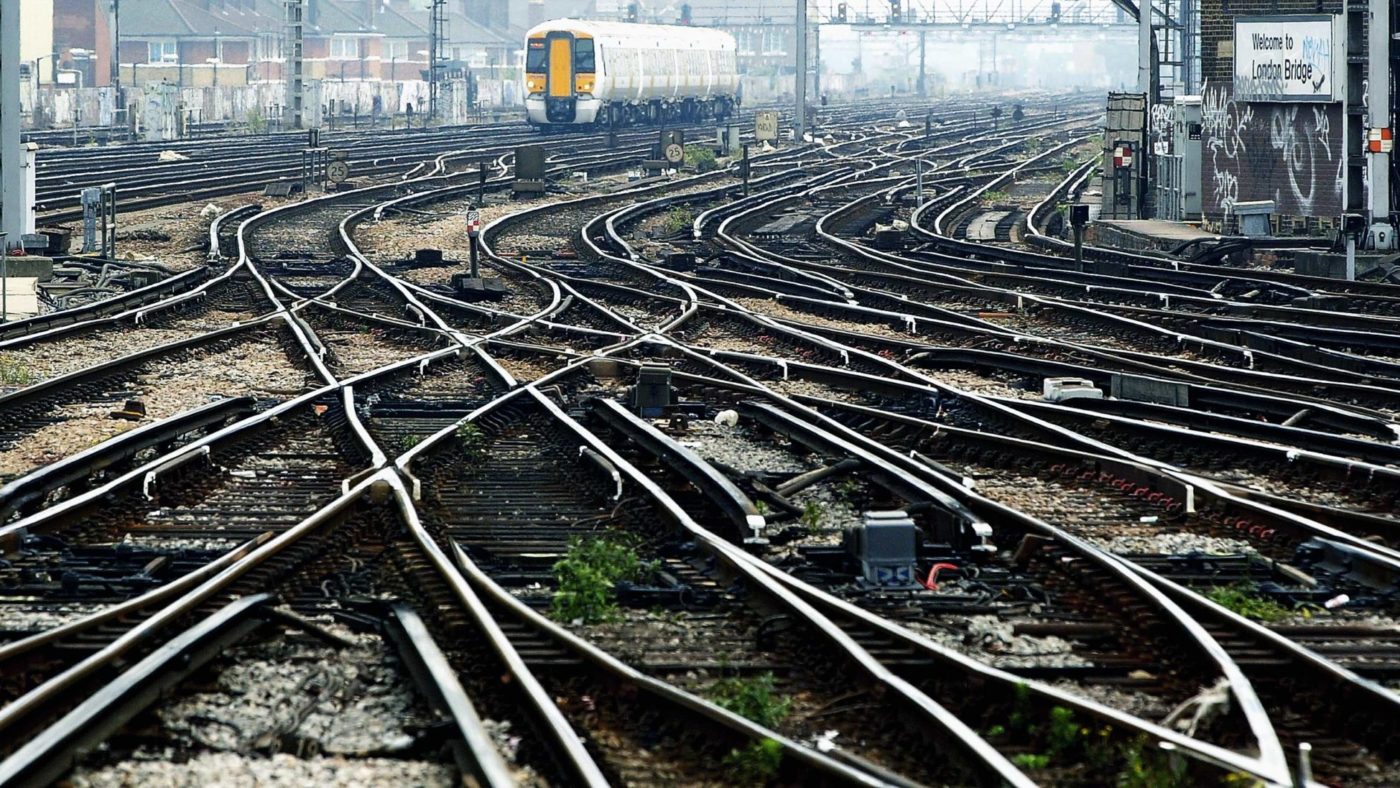My dad once told me about a cruel trick school boys would play on each other. One would ask “do you want to see a match burn twice?”. He would then strike the match, blow it out and stab it on another boy’s arm, burning him.
This is the unfortunate situation in which the Department of Transport finds itself with rail fare increases; they get hit both when the fares go up at the start of January, and when the next announcement is made after July’s RPI statement comes out.
This gives the opposition an opportunity to trot (pun intended) out tired arguments about renationalising the railways.
Fewer and fewer of us are able to remember the bad old days of nationalised British Rail, but we do still feel the effects. The bloated and inefficient state in post-war Britain was too poor to afford the railway investment necessary, and the liberalised system is only now starting to catch up after decades of chronic under-investment.
Between 2010 and 2017 rail companies from outside the UK invested over £450m to improve the railways across the UK and paid nearly half a billion pounds (£484m) in British taxes. This investment and tax revenue would have to be footed by ordinary taxpayers if rail were to be fully renationalised.
Perhaps these considerations don’t matter to the hard left, who would be happy to subject rail users to worse service and higher costs if it meant the purity of public ownership, but they are also calling for a fares freeze on this double-burning match.
Rail users are already subsidised by taxpayers in the UK to the tune of billions, and a fare freeze would cost more than a billion over a parliament on current projections. Considering rail users tend to be wealthier than the national average, it would be even more unfair to make poorer taxpayers foot the bill for the richer. So much for “the many, not the few”.
So a freeze wouldn’t help, and full-blown renationalisation would mean much more expensive fares, both for those travelling, and for general taxpayers than years of increases of the sort we are seeing at the moment. But fares on European trains are much cheaper than in Britain – what are they doing right?
The reason we experience cheaper rail on holiday in Europe is simply because our continental counterparts subsidise rail even more than we do. It was reported earlier this year that far from laughing all the way to the bank, Dutch politicians are actually very concerned about the level of investment that their nationalised rail firm has put into the UK rail market – they think they will lose money!
In fact, forthcoming EU rules on rail say that from next year, members must start to competitively tender out operation of the lines. So France is having to adopt a system very much like our own. Bonne chance against the trade unions, Monsieur Macron. These EU rules make it very hard to be both a Remainer and in favour of renationalising the railways.
How to stop this match burning twice, then? For starters, UK rail has seen an explosion in demand in recent years that is unprecedented in Europe, which is why it is easier for other European nations to manage their systems with fewer problems. A spike in population is part of the cause. So too is the movement of job-seekers to metropolitan areas like London.
London is less dense than comparable cities, hampered by completely ridiculous planning laws that prevent housebuilding and young people getting on to the property ladder. That’s why I spent several years commuting all the way in from Croydon, on a Southern rail service that couldn’t service demand.
So what should be done instead? Addressing the terrible housing crisis would alleviate some of the problem with the railways (alongside many, many other problems). Densification would mean people could afford to live nearer the centre of our cities and nearer their jobs, preventing urban sprawl, soul-crushing commutes and obviating the need for more distant stations. The savings could go into more frequent services and platform extensions in the busiest rail stations.
Trade unions must also share a huge part of the blame for rising ticket prices and poor service. A quarter of all rail spending goes to bloated wages, thanks to successful (if cruel) strike action which has left drivers and obsolete train guards financially well-remunerated (Strikes on Southern only ended when drivers accepted a £14,000 pay increase).
Finally, the government could, and should, finally pull the plug on the worst government infrastructure project in living memory: HS2.
This laughably bad, £100billion+ project hangs around Chris Grayling’s neck like an albatross. The funds that could be freed up by scrapping it could pay for all manner of less sexy, but more beneficial, regional works, from signalling upgrades to electrification and the reintroduction of the old Varsity line.
That’s not to mention east-west routes in the North or the hated ‘”pacer” trains. This would bring an appropriate benefit to those young people who have moved to London for work, by helping them get the train back to their hometowns to learn useful metaphors from their parents.


